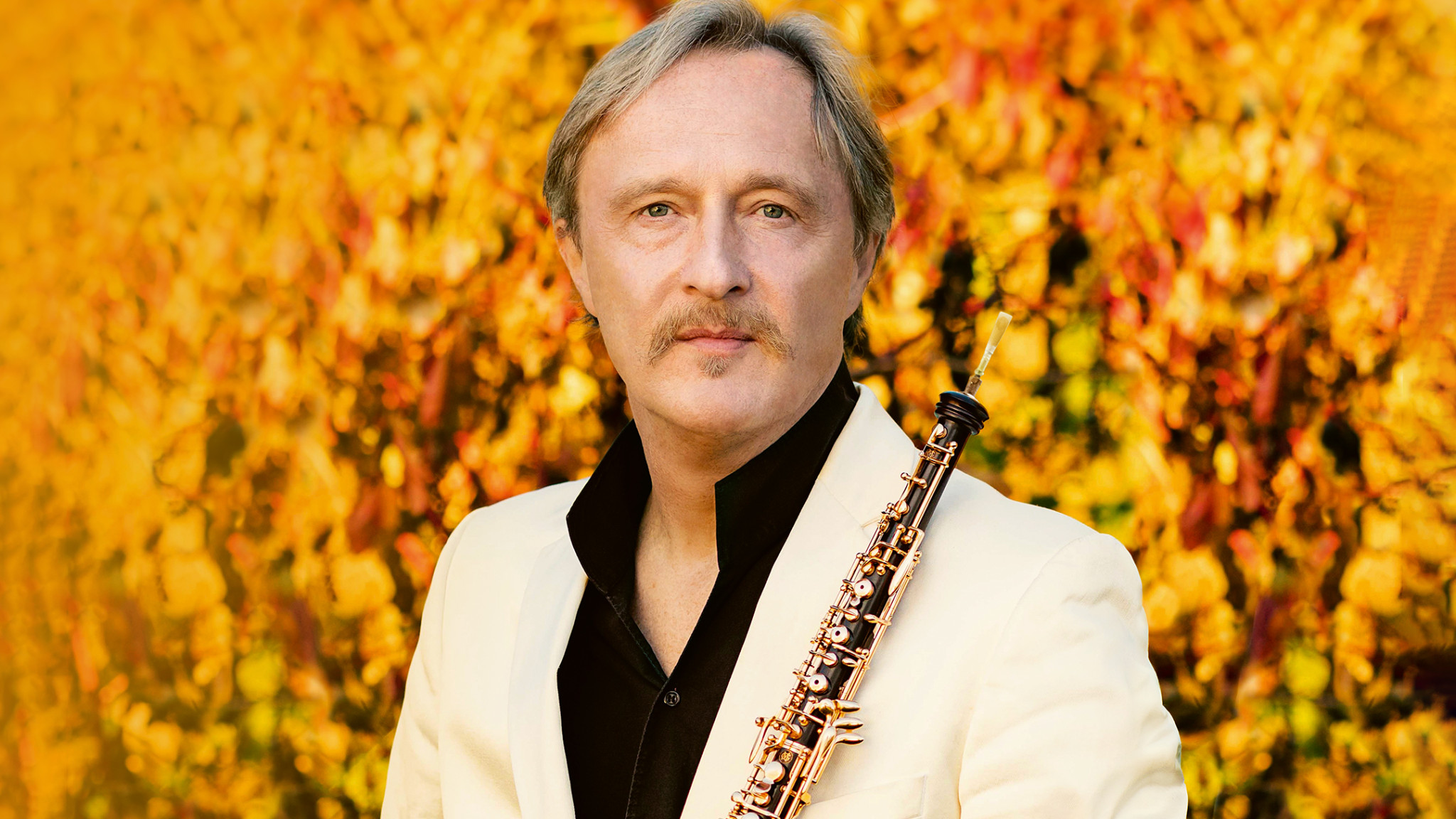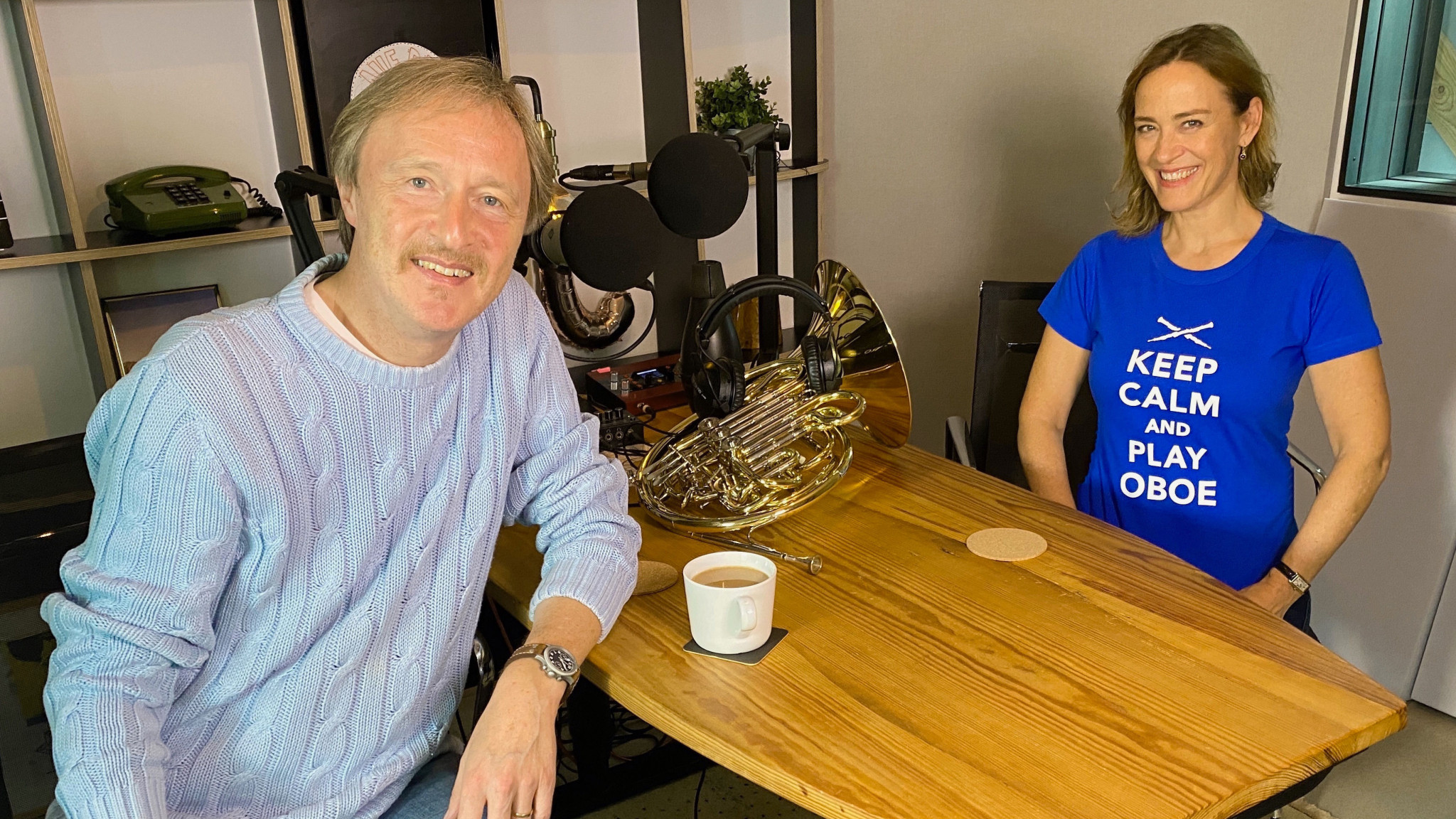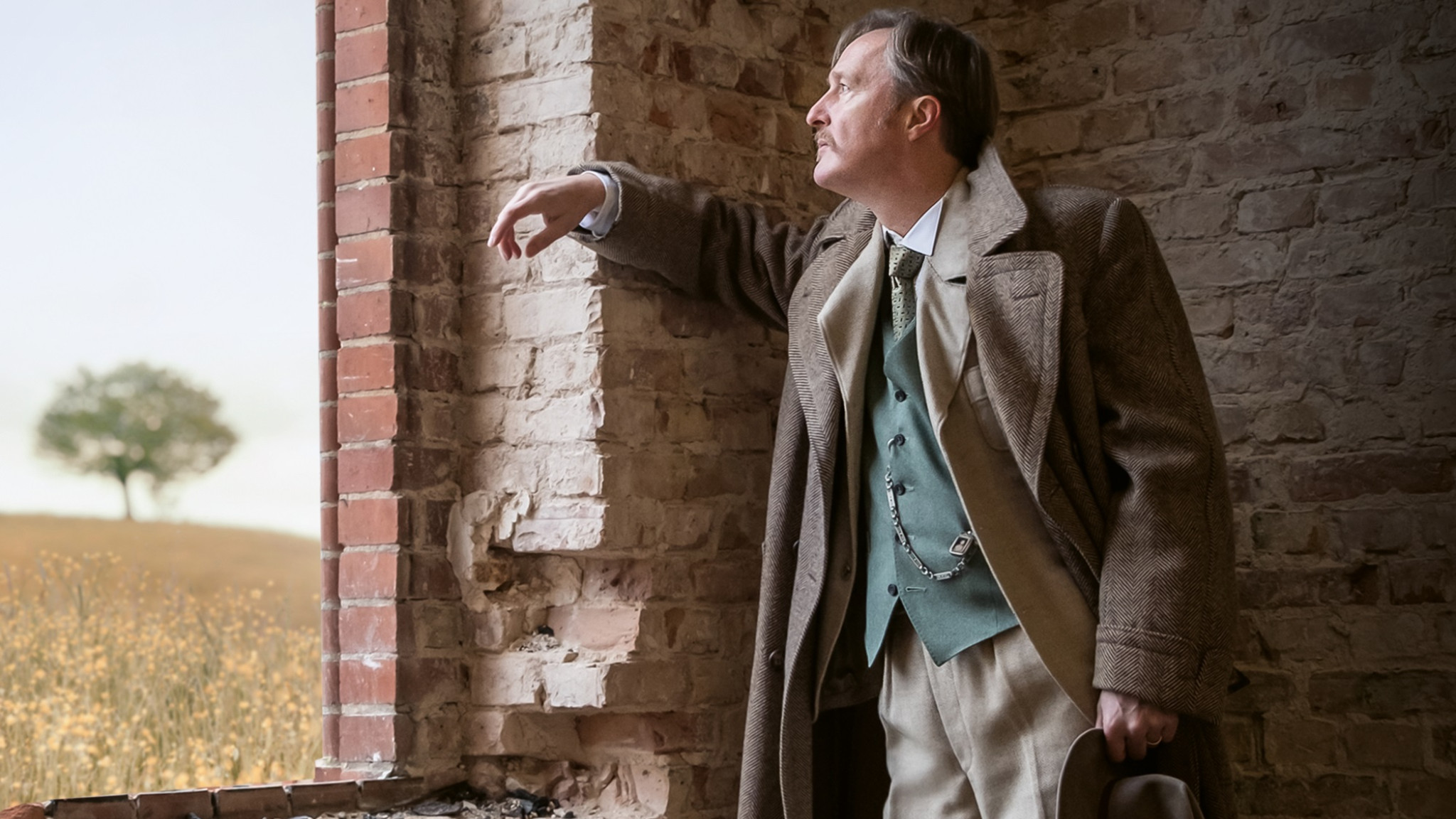Albrecht Mayer Explores The Bach Family Tree

After the huge success of his previous Deutsche Grammophon album, devoted to works by Mozart, oboist Albrecht Mayer turns his attention to the uniquely talented Bach family. For Bach Generations, he has chosen a selection of music by four members of the family: Johann Sebastian himself (1685–1750), Johann Christoph (1642–1703), Carl Philipp Emanuel (1714–1788) and Johann Christoph Friedrich (1732–1795). There is also a transcription of a work by Gottfried Heinrich Stölzel, previously attributed to J.S. Bach. Recorded with the Berliner Barock Solisten and Gottfried von der Goltz (solo violin/concertmaster), Bach Generations is set for release on CD and digitally on 4 August 2023.
Mayer and his fellow performers present some of the Bach Generations repertoire in a concert filmed at Berlin’s Siemens-Villa, where they recorded the album, to be screened on STAGE+ on 3 June. The oboist will also join Daniel Hope, Lang Lang and others to perform at a gala concert livestreamed by STAGE+ from Leipzig on 9 June. The event is part of the city’s Bach300 Festival, marking the 300th anniversary of J.S. Bach’s appointment as Kantor of the Thomasschule. The Thomanerchor and Gewandhausorchester Leipzig will be conducted by the current Thomaskantor, Andreas Reize.
Albrecht Mayer discovered the music of J.S. Bach at the age of 8, as a choirboy at Bamberg Cathedral. Within a couple of years he was able to play some of the composer’s simpler keyboard pieces on the piano. “Even then,” he recalls, “I could feel this transcendent image of his music going through my veins.” The more he studied Bach the more he loved his writing. As he notes, however, its power does not require specialist knowledge. “You can dive very deep into his music, but even when you have no idea about it, it still speaks to your heart.” In recent years, Mayer’s research has focused on the wider Bach family – this album is based on the thread of genius that runs through the different generations to produce works that embrace the styles of the late-Renaissance, Baroque and Classical eras.
That sense of stylistic progression is reflected in the concertos by Johann Sebastian and two of his sons that lie at the heart of Bach Generations. J.S. Bach’s Concerto for Oboe d’amore in A major only survives in a version for keyboard (BWV 1055), but there are strong indications that it was originally for oboe, an instrument for which the composer wrote prominent parts in many of his cantatas. In this work we hear the strict Baroque separation between the solo instrument and the orchestra, which plays an accompanimental role.
While there are virtuoso solo moments in C.P.E. Bach’s Oboe Concerto in G major, arranged by Matthias Spindler and Albrecht Mayer from a keyboard concerto (H412/Wq 9), the orchestra is beginning to take on more prominence. The work’s turbulent outer movements and empfindsam central Adagio make it a typical mid−18th-century composition.
By contrast, in J.C.F. Bach’s Concerto for Oboe in B flat major (arranged by Spindler and Mayer from a keyboard concerto composed in the 1770s), much of the interest lies in the orchestral writing, and the work as a whole assimilates elements of the Classicism of Haydn or Mozart. The originality of this and the C.P.E. Bach concerto reveals much about Johann Sebastian’s teaching abilities. While he passed on his craft to his sons, he did not create composers in his own image, but enabled them to develop their own personal idioms.
Three shorter works by Bach the teacher are included here too. Alongside an English horn transcription of the well-known Air (“on a G string”) from Orchestral Suite No. 3, we hear Spindler’s oboe arrangement of the Badinerie from Orchestral Suite No. 2 and an oboe d’amore adaptation of the tenor aria “Sanfte soll mein Todeskummer” from the Easter Oratorio. Mayer also performs a transcription for oboe of “Bist du bei mir”, a song by Gottfried Heinrich Stölzel that was a favourite in the Bach household.
The album ends with the earliest work of the selection. With its roots in the late Renaissance period, Ach, dass ich Wassers g’nug hätte is a sacred vocal work by Johann Christoph Bach, a cousin of J.S. Bach’s father, and has been adapted for English horn by Matthias Spindler. “We’re trying to imitate a singer as much as we can,” says Mayer about the challenge involved in such a transformation. “Just because you skip the text, the music is no less sacred, no less good.”




